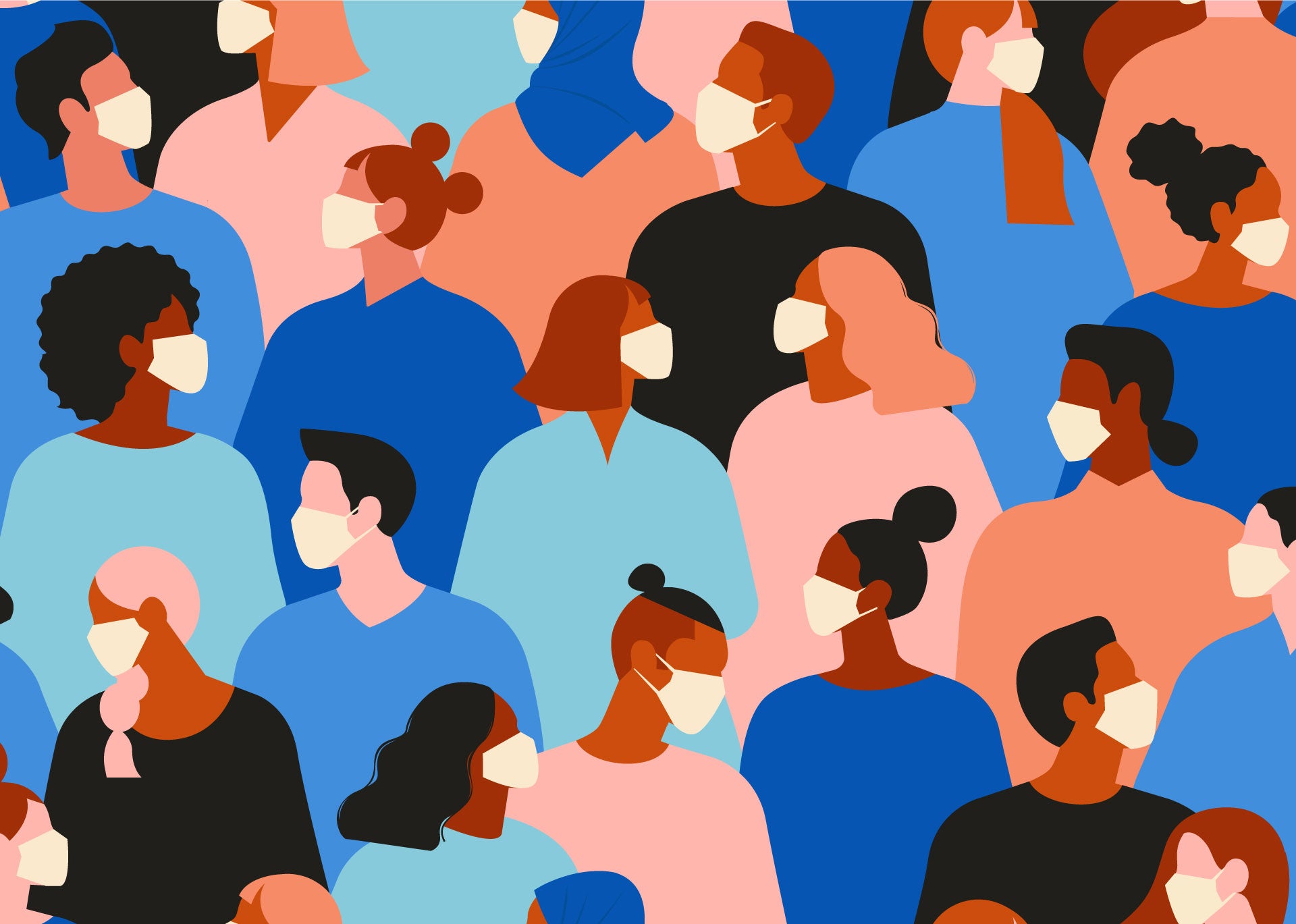Coronavirus is probably the largest crisis of our generation. In the short term, quarantine protocols and fear of contagion has led to food shortages and panic buying, as well as the reduction of CO2 in the atmosphere. The decisions made by politicians now may shape the rest of the 21st century in terms of culture, economics and policy.
Coronavirus and working from home
In this crisis we have seen global industry and commercial closures. However, we have also seen what the proliferation of broadband promised: working from home. In order for economies to function outside the essentials of healthcare, food and infrastructure, many companies have had to allow their employees to work from home. This is so that they can avoid the commute, public transport and working side-by-side in offices. This may be positive for the future workplace. Companies will find that they don’t have to spend as much on offices for non-client-facing workers. Similarly, workers will find that they don’t have to spend as much time and money on commutes.
The knock-on effect of this for consumers will be substantial. ‘Meal deals’, the standardized lunch menu for many workers, will have to be replaced with homemade food. Panic-buying has stripped supermarket shelves in the short term. However, online subscription-based, home-delivered meals and snacking will eventually step in to fill the void. The results of such a shift are unlikely to be permanent, but they will give many previously niche- products and startups more of an opportunity than ever before.
Sustainability and animal rights in Asia
China’s government answered calls to crack down on ‘wet markets’ where live and dead livestock intermingle and share pathogens. Wet markets are a favorite of rural consumers who are not experienced with refrigeration. These consumers prefer meat from animals slaughtered in front of them, or still living in some cases, as it is seen as fresher. These attitudes translate into the vector for new diseases like coronavirus COVID-19 that jump from animal to human hosts. As the Chinese state intervenes in wet markets, there will be a substantial reduction in public risk and increased substitution towards packaged meat products. This example is likely to be emulated across the continent in the near term at least. Hopefully a greater appreciation for wildlife that could translate to a future focus on sustainability and animal welfare.
This focus could carry through into more sustainable snacking. Indeed, PepsiCo recently purchased Baicaowei, a Chinese healthy snack producer, which this year launched a plant-based sausage snack. Baicaowei and PepsiCo intend to target China’s young adult market, who are increasingly concerned with health and environmental issues. Due to the large number of Chinese consumers, any move towards sustainable and meat-free options will translate into significant growth in sustainable and meat-free diets globally.
Increased mass surveillance
In places, such as Italy and the UK, requests for social distancing initially failed. Confusing government instructions resulted in populations that maintained their prior habits, rather than obeying government recommendations. Before the forcible closure of pubs and clubs by the UK Government, many consumers went out for “one last drink” and spread coronavirus further. By contrast, in China and Israel, the governments deployed terror surveillance technology to track coronavirus patients. This allowed them to send alerts to suggest that people self-isolate when they came into proximity to the infected. By closely monitoring smartphones, and demanding that people report their body temperature and medical condition, China and Israel generated vast population datasets that algorithms could apply anti-contagion rules to.

US Tariffs are shifting - will you react or anticipate?
Don’t let policy changes catch you off guard. Stay proactive with real-time data and expert analysis.
By GlobalDataIn the future, governments may rule that technology should automate this kind of data collection for all diseases, not just coronavirus. We may see a method of proactive surveillance-based medical monitoring that automates healthcare and keeps society productive. Despite advances in medicine, sickness levels are still significant and remain damaging to the productivity of UK businesses. An estimated 137.3 million working days were lost due to sickness and injury in 2016. Some governments may be tempted to automate mass medical surveillance to reduce that damage as economies recover from COVID-19.
Washing your hands
The personal hygiene industry will see a marked increase in profits this year due to COVID-19. As well as the panic-buying of hand-sanitizers, hand soaps will experience a boost to sales as governments everywhere demand people wash their hands more and for longer. In addition to fighting COVID-19, all this increased hand-washing will also fight multiple other illnesses that use dirty hands as a vector to human beings.
Unemployment and Universal Basic Income
As the pandemic progresses, many forms of work have to stop in the interest of public health. In countries with fewer employee rights and less supportive governing policies, many companies will abandon their workers. Indeed, in the US, a record 3.3 million Americans filed for unemployment as the country tried to contain the outbreak.
These people still need to survive. Rather than traditional socialist options of top-down food distribution, a bottom-up option that devolves supply and demand to supermarkets should be preferable to governments that are already under strain. This is where universal basic income (UBI) comes in. Governments should borrow in the short term to ensure people have enough money to pay for the things they need. Arguments against UBI – that people might stop working or competing economies may be more efficient without it – do not apply. Every economy is currently stalled due to COVID-19. UBI would remove the stress on governments for means testing and would keep services and the economy responding to demand.









